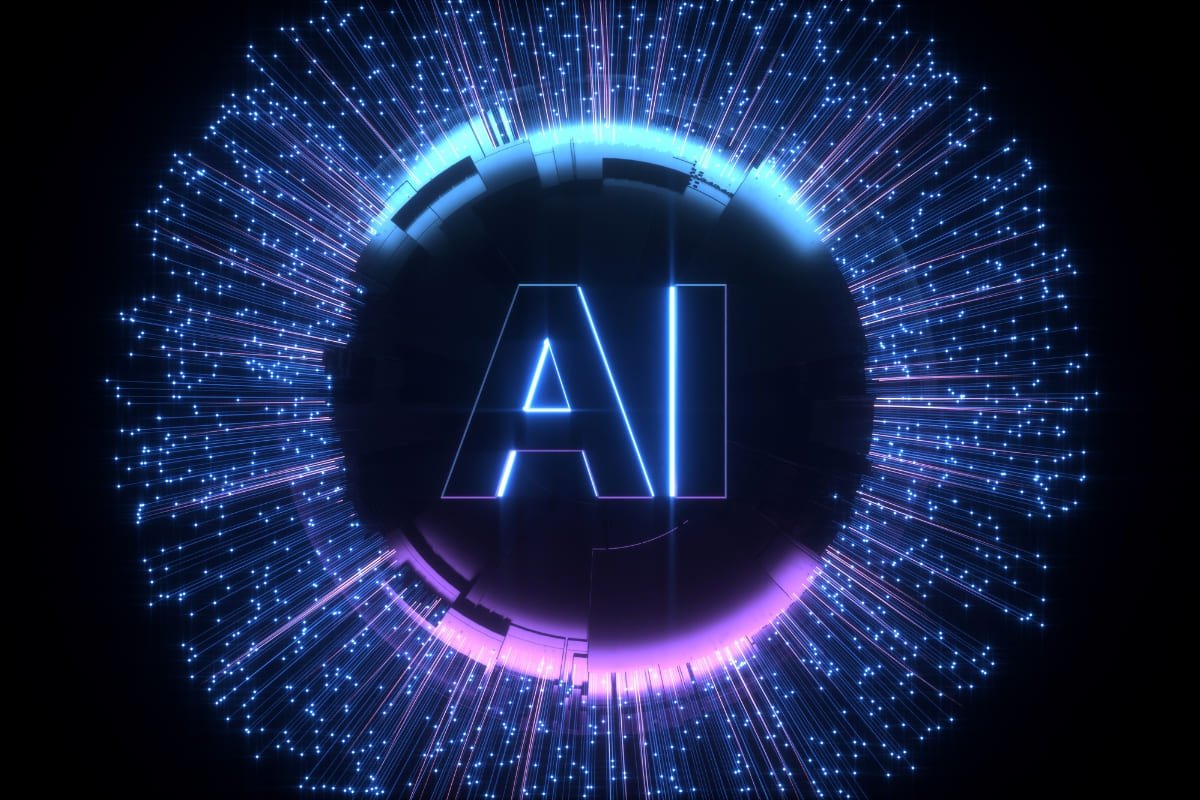
The foreign exchange market, known as Forex, is one of the largest and most liquid financial markets in the world. With a daily trading volume exceeding $6 trillion, Forex is a space where investors seek to capitalize on fluctuations in foreign currency exchange rates to make profits. In recent years, artificial intelligence (AI) has emerged as a powerful tool in Forex trading, and its role in the market is destined to grow significantly in the future.
What Is Artificial Intelligence in Forex Trading?
Artificial intelligence refers to the ability of machines and computer systems to perform tasks that typically require human intelligence. In the context of Forex trading, AI is used to analyze financial data, predict trends, and make trading decisions autonomously.
The Rise of AI in Forex Trading
AI has brought significant advancements to Forex trading, and here are some key reasons explaining its growth:
Advanced Data Analysis: The amount of data generated in financial markets is overwhelming. AI can analyze large data sets more quickly and effectively than humans, allowing it to identify patterns and trading signals that might otherwise be missed.
Automation: AI enables the automation of trading strategies. Automated trading systems can execute buy and sell orders based on predefined algorithms and signals. This eliminates the need for constant human intervention.
Precise Prediction: AI models can predict market trends with astonishing accuracy. This is especially valuable in a volatile market like Forex, where the ability to forecast future movements is crucial.
Strategy Optimization: AI can continuously adjust and optimize trading strategies based on real-time data and past performance. This ensures that strategies remain adaptable to changing market conditions.
The Future of AI in Forex Trading
The future of Forex trading is undeniably linked to AI. As technology continues to advance, we can expect to see the following developments:
Increased Adoption: AI will become even more accessible to retail traders. Platforms and trading tools that incorporate AI will become more common and user-friendly.
Advanced Trading Robots: AI-based automated trading systems will become more sophisticated. They will be capable of analyzing not only financial data but also data from social media, news, and real-world events that can impact the market.
Machine Learning Strategies: AI will learn and adapt to changing market conditions. Machine learning algorithms will enable trading systems to continuously adjust.
Enhanced Predictive Accuracy: AI will improve the accuracy of market predictions. This will enable traders to make more informed decisions and minimize risks.
Efficiency and Reduced Bias: Unlike humans, machines are not subject to emotions or biases. AI can help reduce errors caused by impulsive or emotional decisions.
Challenges of AI in Forex Trading
Despite its promise, AI in Forex trading is not without challenges. Some key issues include:
Market Volatility: AI may struggle in highly volatile markets or during sudden impactful events. Market unpredictability remains a challenge.
Need for Quality Data: AI relies heavily on high-quality data. Gathering accurate data and filtering out noise are critical to the success of AI systems.
Regulation: As AI plays a larger role in trading, regulatory issues are likely to emerge. Regulators will need to address transparency and accountability.
Conclusion
Artificial intelligence has changed the landscape of Forex trading and will continue to do so in the future. Its ability to process large amounts of data, make algorithm-based decisions, and learn from past experiences makes it a valuable tool for traders. However, it is not a foolproof solution, and traders must understand its limitations and risks. AI in Forex trading is a compelling example of how technology is reshaping the global financial landscape. As AI continues to evolve, its impact on the Forex world will only grow, offering new opportunities and challenges to traders and investors worldwide.